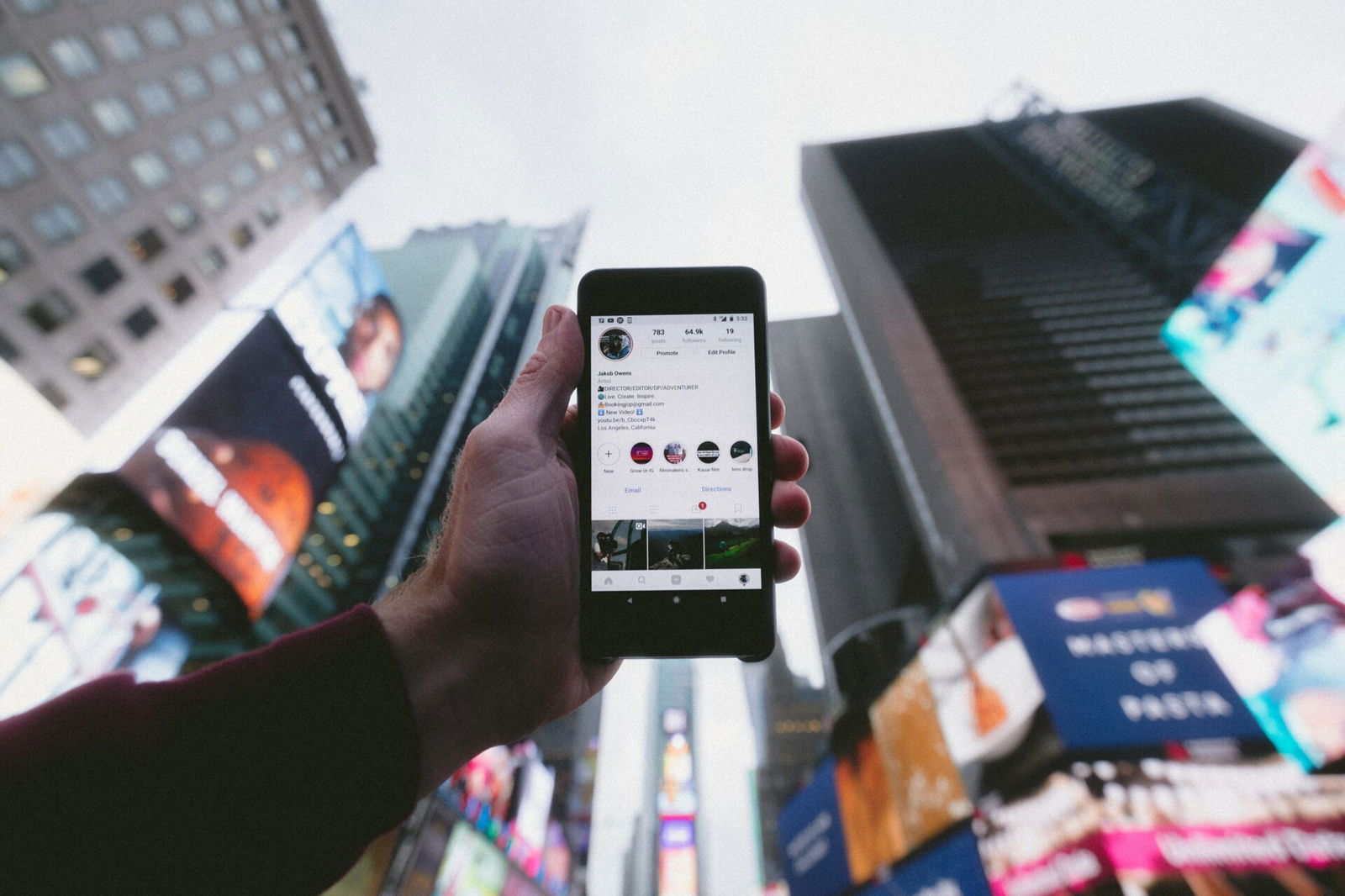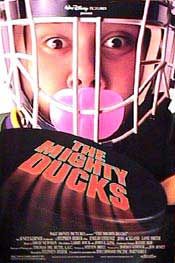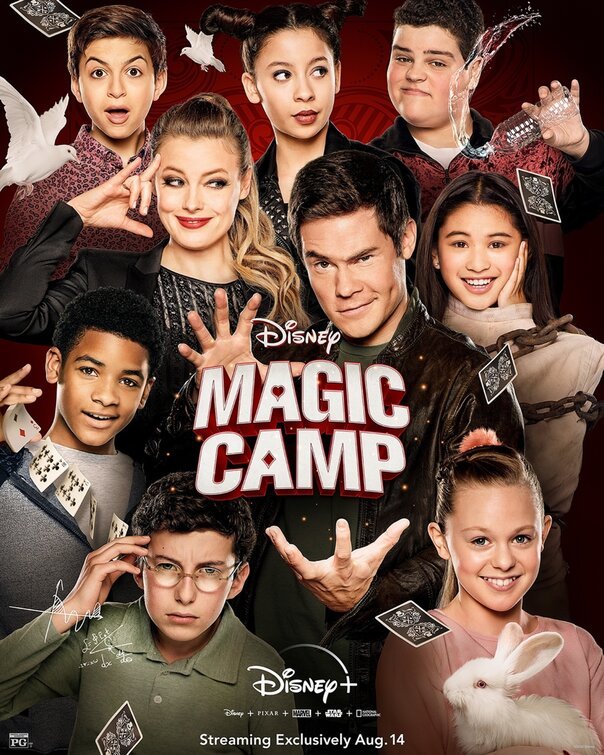
Surgeon General Recommends Warning Labels for Social Media
By Movieguide® Contributor
U.S. Surgeon General Dr. Vivek Murthy recommended a surgeon general’s warning be applied to social media platforms as a constant reminder to users that the platforms have a profound negative effect on their health.
“The mental health crisis among young people is an emergency — and social media has emerged as an important contributor,” Murthy wrote in a recent New York Times piece. “Adolescents who spend more than three hours a day on social media face double the risk of anxiety and depression symptoms, and the average daily use in this age group, as of the summer of 2023, was 4.8 hours. Additionally, nearly half of all adolescents say social media makes them feel worse about their bodies.”
“It is time to require a surgeon general’s warning label on social media platforms, stating that social media is associated with significant mental health harms for adolescents. A surgeon general’s warning label, which requires congressional action, would regularly remind parents and adolescents that social media has not been proven safe,” he continued.
The suggestion comes after years of mounting evidence have made the link between social media and the youth mental health crisis undeniable. Last April, the American Psychological Association (APA) released a report calling social media unsuitable for adolescents due to its addictive features which wreak havoc on still-developing brains.
“Social media features such as endless scrolling and push notifications are ‘particularly’ risky to young people,” NBC News wrote about the report, “whose developing brains are less able to disengage from addictive experiences and are more sensitive to distraction.”
While past action has seen state governments pass legislation requiring varying age-verification criteria, the surgeon general is taking things a step further by suggesting that a fundamental change in the industry’s practices needs to occur to solve the underlying issues.
Furthermore, while most platforms constantly tout that they are making user experiences safer, Murthy is calling for companies to release data, which can be independently verified, to prove that these changes work.
Through the surgeon general’s warning label and the subsequent action that would likely occur, Murthy hopes to address the feelings of hopelessness that plague both parents and adolescents.
“One of the worst things for a parent is to know that your children are in danger yet be unable to do anything about it,” Dr. Murthy wrote. “That is how parents tell me they feel when it comes to social media — helpless and alone in the face of toxic content and hidden harms.”
“There is no seatbelt for parents to click, no helmet to snap in place, no assurance that trusted experts have investigated and ensured that these platforms are safe for our kids,” he continued. “There are just parents and their children, trying to figure it out on their own, pitted against some of the best product engineers and most well-resourced companies in the world.”
While the attorney general’s warning label would not come with any required change, past warning labels have shifted the public’s behavior and views — often leading politicians to take legislative action.
For example, “Similar labels on tobacco, first instituted in 1965, led to a steady decline in cigarette smoking in America over the past several decades,” CNN reported.
The surgeon general’s call for a warning label on social media is just a start, however. It is the first major federal step to hold social media companies accountable for the havoc they have wreaked on the youth while also saving our children from the addictions that have led to the crippling epidemic of depression and anxiety.
Movieguide® previously reported:
As more experts assert that the rise in youth depression and anxiety are linked to social media, some are going a step further, alleging that platform owners, like Mark Zuckerberg, bear personal responsibility for the mental health crisis.
“The reason I think Zuckerberg does bear some personal responsibility is there were many internal warnings, many… said, ‘We are causing problems, we are addicting kids,’” NYU social psychologist Jonathan Haidt told the “Brave New World” podcast.
“They suggested features that would help Facebook, Meta, Instagram, they never did any of them unless they were trivial,” he continued. “They never did anything that reduced their user base, like actually kicking off kids who were under 13.”
Haidt believes that Zuckerberg has turned a blind eye to the effects his platforms have had on younger kids, guiding his company to create products that place profit above user safety. The psychologist cites the company’s lack of protection against suicidal content as just one example of this moral failing.
“Does Mark Zuckerberg deserve some blame for some of these suicide deaths? I think the answer is yes,” Haidt said.
Questions or comments? Please write to us here.


 - Content:
- Content: 

